In today’s rapidly evolving world, the convergence of various industries is becoming increasingly evident. One of the most significant combinations is the intersection of finance, technology, intelligence, and health. These areas, which may have once seemed separate, are now deeply intertwined, creating new opportunities and challenges for individuals and businesses alike. In this article, we will explore how these fields are influencing society and the impact each one plays in the modern world.
Finance: The Cornerstone of Growth
Finance serves as the backbone of economic activity, providing the necessary resources for businesses to expand and individuals to secure their future. The rise of FinTech has enabled new ways to manage money, invest, and plan for the future. Innovations such as blockchain, digital payments, and artificial intelligence (AI)-powered algorithms are transforming the finance industry. These tools allow individuals and organizations to manage finances more efficiently with greater ease and security.
The world of cryptocurrencies have introduced new challenges for governments, banks, and investors alike. However, the rise of digital currencies presents opportunities for individuals to gain financial independence. In parallel, AI-powered financial systems are making it possible to predict trends and optimize investment strategies.
Technology: Driving Innovation Across Industries
Technology is undoubtedly the driving force behind the transformation of modern industries. From the introduction of artificial intelligence to the use of smart devices, cutting-edge solutions are revolutionizing the way we live and work. In the finance sector, technology enables real-time transactions, faster decision-making, and increased accuracy. In healthcare, technology facilitates remote monitoring, telemedicine, and personalized treatment plans.
The rise of artificial intelligence has further accelerated technological development, enabling machines to learn and solve problems in ways that were once thought impossible. In the healthcare sector, AI is being used to develop new treatments, improve medical imaging. The integration of AI with healthcare data is also enabling more personalized and precise medical approaches, improving outcomes for patients worldwide.
On the other hand, the tech industry’s rapid growth has also raised concerns, especially regarding data privacy, cybersecurity, and the ethical use of artificial intelligence. As we move forward, there will be a need for more robust policies and regulations to ensure the safe use of technology across various sectors.
The Role of Artificial Intelligence in Modern Society
Intelligence, particularly artificial intelligence (AI), plays a crucial role in today’s technological landscape. AI enables machines to perform tasks that traditionally required human intelligence, including recognizing patterns. In finance, AI systems analyze vast amounts of data to identify investment opportunities, predict market trends, and reduce risks. In healthcare, AI algorithms assist in diagnosing diseases, predicting patient outcomes, and creating treatment plans.
Machine learning, a subset of AI, has transformed the way businesses and industries approach problem-solving. By analyzing large datasets, machine learning systems are making processes more efficient and accurate. In the context of healthcare, machine learning is used to predict disease outbreaks, personalize treatment plans, and identify the most effective medical interventions.
Moreover, AI is opening new frontiers in automation, revolutionizing manufacturing, transportation, and even healthcare. Robotics is improving surgeries by allowing for minimally invasive procedures, while AI-powered robots assist in elderly care, ensuring better quality of life for aging populations.
Revolutionizing Healthcare Through Technology
Health is undoubtedly one of the most important aspects of our lives. The integration of technology and finance into healthcare is driving innovative changes. Telemedicine, wearable health devices, and AI-powered diagnostics are improving patient care by making healthcare services more accessible and efficient. These innovations are reducing costs, improving patient outcomes, and increasing the overall accessibility of health services.
Wearable devices like smartwatches can track a person’s vital signs in real-time, alerting them to any irregularities. samosir88 login is then shared with healthcare providers, allowing for early intervention. Moreover, AI-powered platforms are helping doctors diagnose diseases more accurately, predict patient outcomes, and recommend treatment options. The integration of AI into healthcare is paving the way for precision medicine, where treatments are tailored to each individual’s genetic makeup.
From a financial perspective, the healthcare sector is benefiting from the introduction of financial tools that simplify access to medical services. Health insurance models are evolving, offering more flexible plans that incorporate digital health services. Additionally, the growth of health savings accounts (HSAs) is providing people with a more effective way to manage their medical expenses.
Embracing the Future: The Role of Finance, Technology, Intelligence, and Health
The convergence of finance, technology, intelligence, and health is a lasting shift. As these fields continue to interact, they will create a more connected, efficient, and sustainable future. In finance, technology will make services more accessible and secure. In health, AI and wearable tech will enhance diagnostics and treatment. As we continue to push the boundaries of innovation, the intersection of these fields will be critical in solving some of the world’s most pressing problems.
As these industries evolve, it is essential to continue exploring their synergies and understanding their impact on society. The future is bright, and the combination of finance, technology, intelligence, and health will continue to shape the world in ways we have yet to fully comprehend.
The Intersection of Finance, Technology, Intelligence, and Health: Navigating the Future

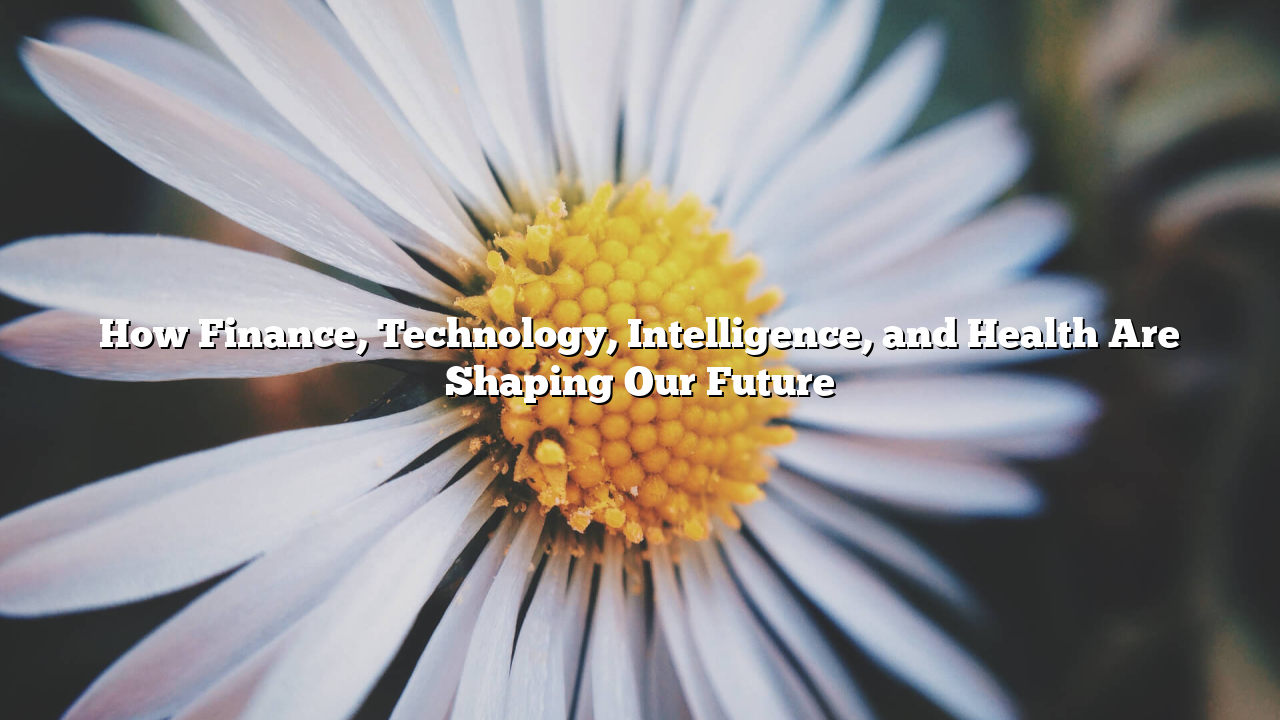

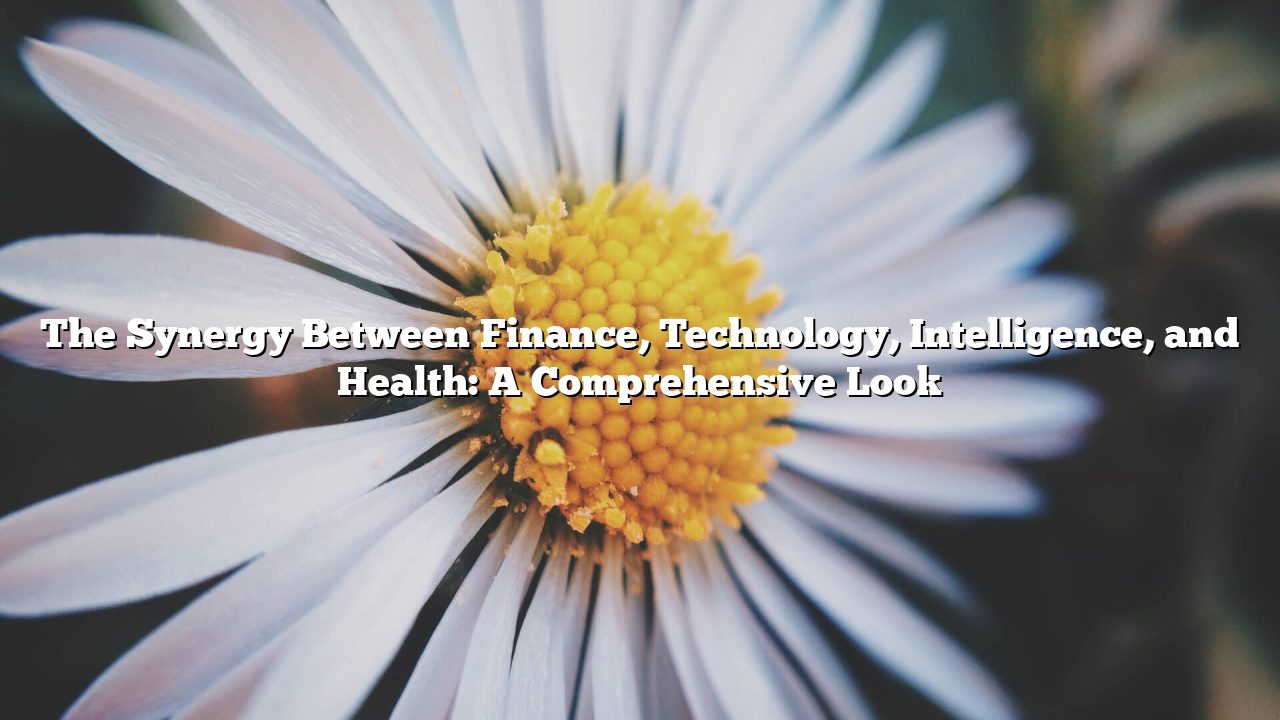

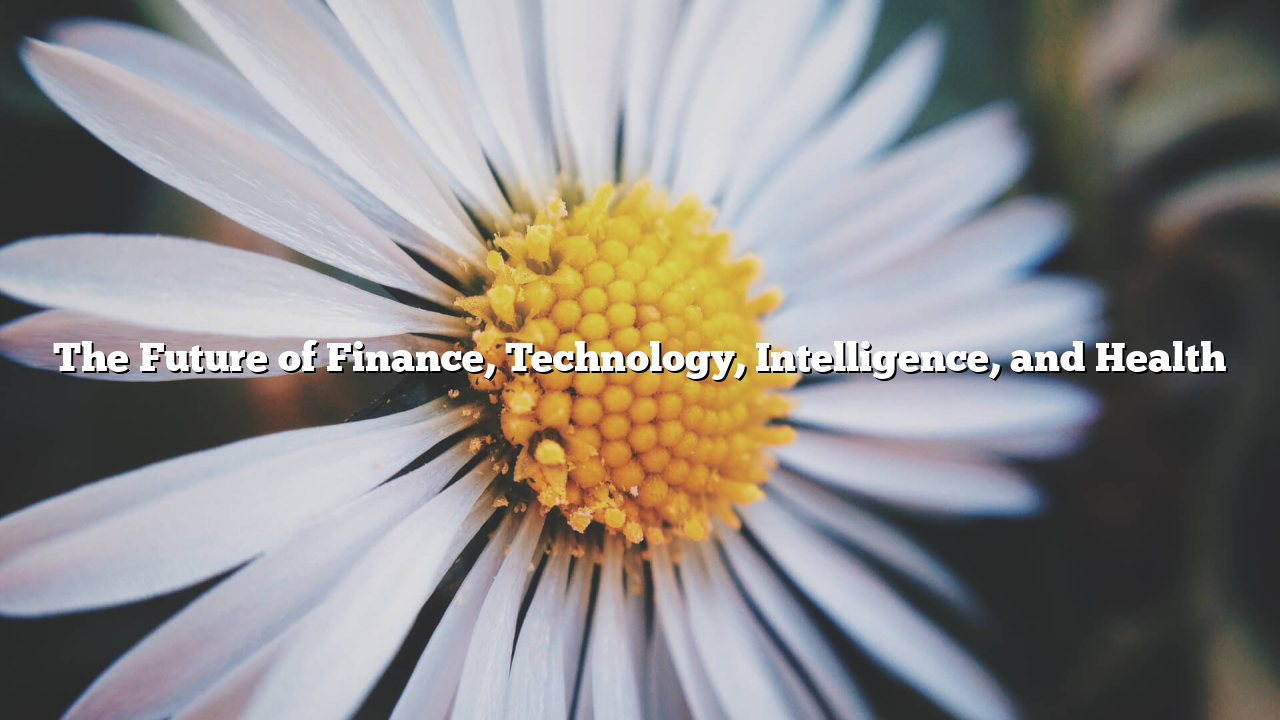
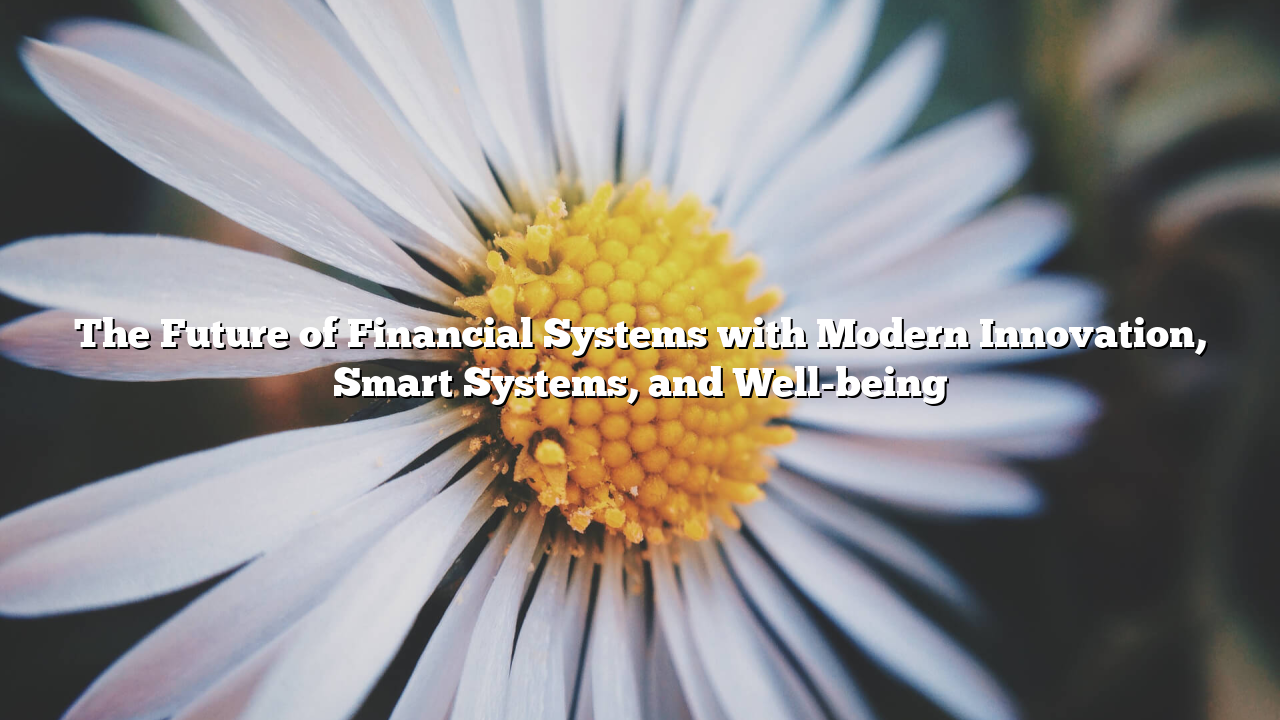
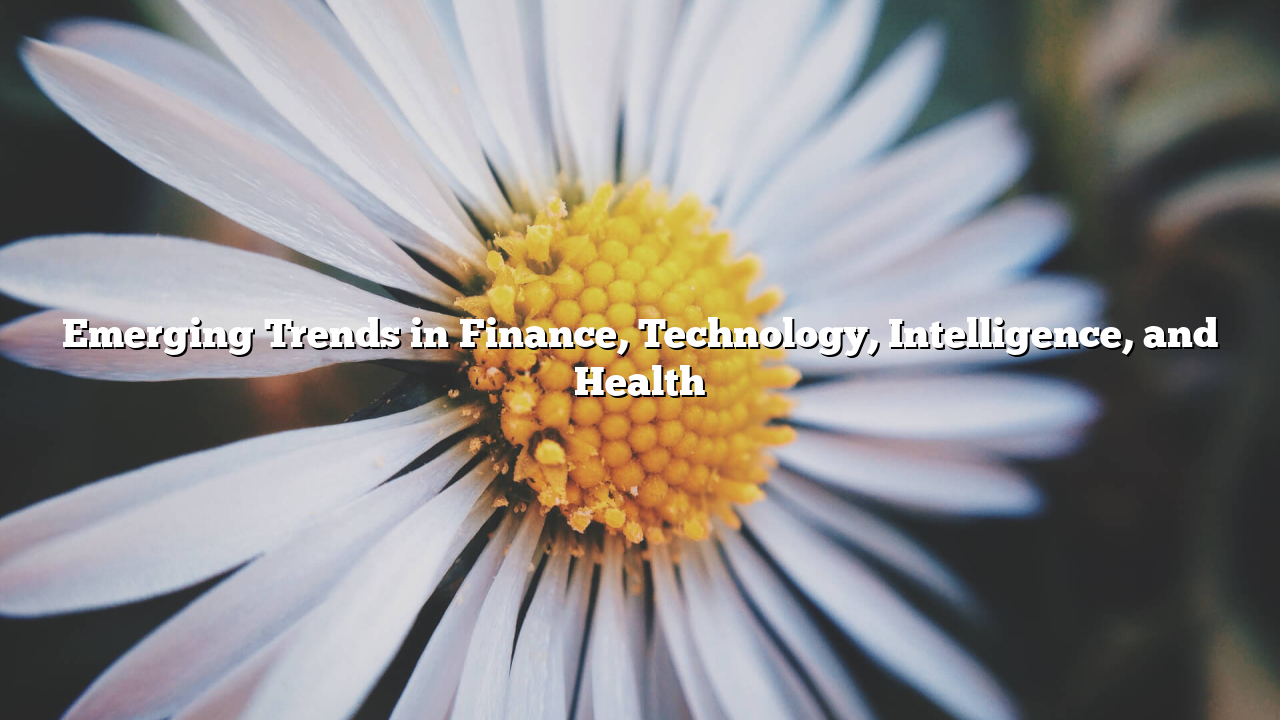


Leave a Reply